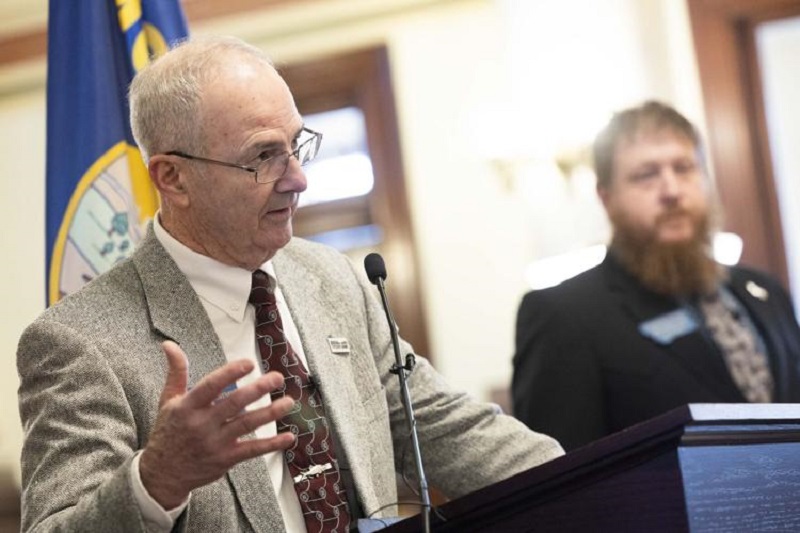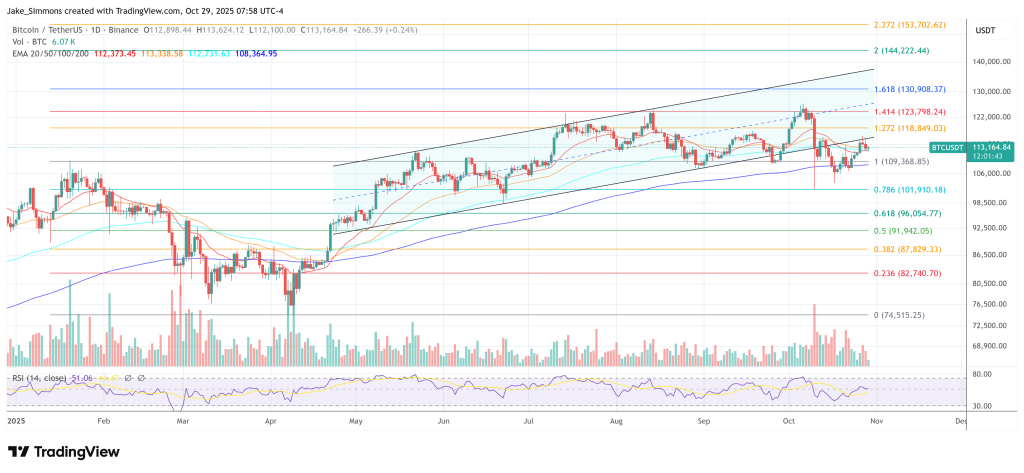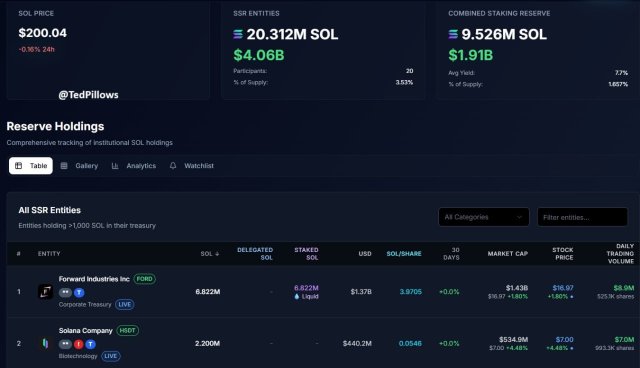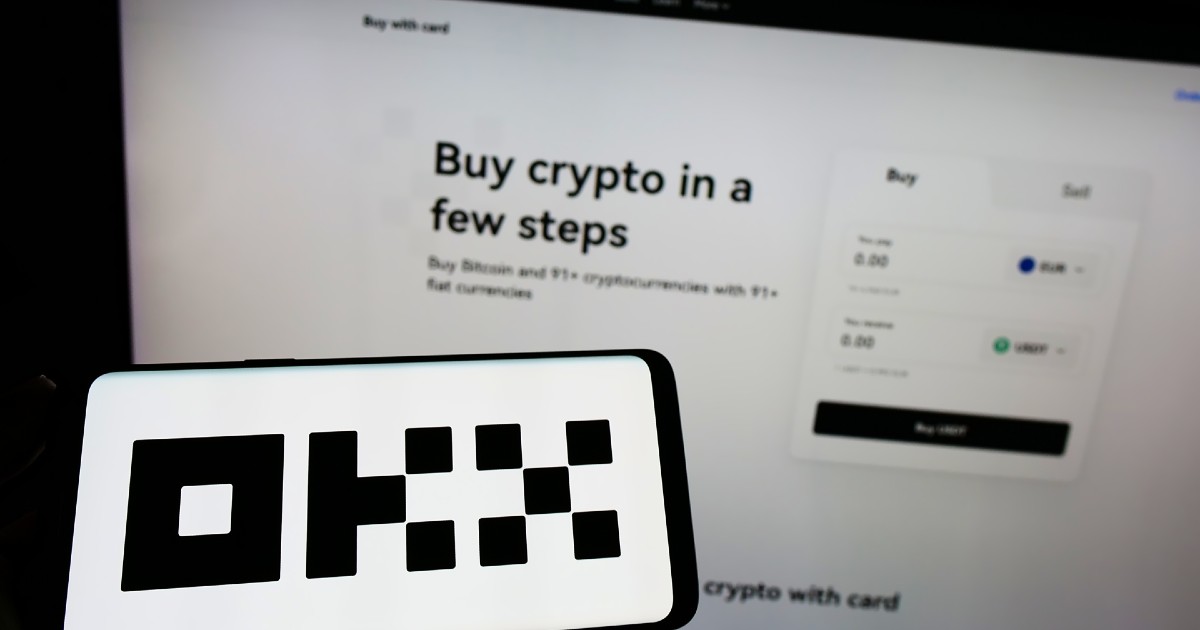Key Takeaways:
- In Montana, House lawmakers shot down a proposal to create a state Bitcoin reserve.
- Opposition was dominated by fears about the risk to taxpayer money or speculation.
- The bill’s defeat also underscores challenges to securing widespread legislative support for crypto adoption.
The rejection of House Bill No. 429 in Montana, which would have established an official state Bitcoin reserve, has stirred controversy over the risks involved in embracing cryptocurrency. The vote, which took place on February 22nd, saw most lawmakers vote against the bill, with 59 against and 41 for it, indicating that lawmakers are treading carefully when it comes to embracing digital assets. The debate represents a broader tension between innovation and fiscal responsibility as states navigate cryptocurrency’s changing world.
MONTANA Update:
Bitcoin Reserve bill HB 429 failed to pass a second reading in the Montana House. It is now effectively dead.
The vote was 41 – 59. It was largely partisan, but many Republicans voted against the bill.
ANALYSIS:
HB 429 failed in the House, largely due to… pic.twitter.com/AJK8sPrf1N
— Bitcoin Laws (@Bitcoin_Laws) February 22, 2025
The Breakdown: How HB 429 Worked
House Bill No. 429 proposed the establishment of a special revenue account for investing in precious metals, stablecoins, and digital assets that satisfy certain criteria. Importantly, the bill required that qualifying digital assets have had an average market cap above $750 billion for the prior calendar year. Bitcoin was, at the time of the proposal, the only digital currency that met that criterion, which meant it was the target of the legislation.
The bill also would have given Montana’s Board of Investments authority to invest in these asset classes, which could have extended the state’s portfolio beyond traditional investments such as bonds and equities. Supporters said it could offer greater returns for taxpayers and act as a hedge against inflation.
Reasons for Rejection: An In-depth Guide
The demise of the legislation was the result of a confluence of factors, including concerns over financial risk, wariness around cryptocurrency investments and hesitation about ceding investment power.
Worries About Taxpayer Dollars and Managing Risk
During the House floor session, Representative Steven Kelly captured a core concern: “It’s still taxpayer money, and we’re responsible for it, and we need to protect it. These types of investments are way too risky.” His statement struck a chord with other lawmakers, who consider Bitcoin’s instability anathema to managing public funds responsibly. This argument implies that the preservation of capital and minimizing loss is at a premium in government due to taxpayer dollars.
This risk perception is not without basis. Over its history, Bitcoin has had extreme price fluctuations. In 2021, for instance, Bitcoin hit an all-time high of just under $69,000 before crashing to less than $20,000 in 2022. This kind of volatility calls into question whether Bitcoin is truly a suitable store of value to hold for government reserves. The volatility of crypto markets is always a concern when responsibly managing public finances.
Skepticism of Cryptocurrency and Decentralized Finance
Aside from particular qualms about the price goings-on of Bitcoin, other lawmakers also expressed more expansive wariness of cryptocurrency and the decentralized finance (DeFi) movement. Rep. Bill Mercer expressed discomfort with allowing Montana’s Board of Investments the flexibility to invest in cryptocurrencies and non-fungible tokens (NFTs), to which he added: “I did not come here to do that… This smacks of speculation to me.” His sentiment is indicative of broader aversion to what he called the “speculative” nature of many digital asset projects, particularly NFTs.
This anxiety points to a deeper fissure in our understanding of cryptocurrency. On one hand, some view it as a revolutionary technology that could disrupt traditional finance, but on the other, as a risky and largely unregulated asset class susceptible to scams and market manipulation. This brief lecture is also intended to engage in some of the skepticism that is sometimes directed to the process and, at times, misunderstanding, about the potentiality of the technology.
Concerns About Giving Away Control of Investments
Critics blasted the bill for delegating investment authority to Montana’s Board of Investments. Some lawmakers doubted if the board had the experience to handle the challenges of the cryptocurrency market. The real question is whether the board possesses the necessary skills and resources to effectively serve as custodians of the assets.
There is a lack of faith in the board to do a good job hedging crypto investments. Lawmakers are concerned about whether the board will have the capacity to conduct due diligence on cryptocurrency projects, evaluate trends in the market, and assess potential risks. This issue highlights the need for government officials who are tasked with administering digital assets to have contact and credibility with the technical community.
The Counterarguments: The Case for Proponents
Despite the strong opposition to HB 429, it had its advocates, who said Montana was passing up an opportunity to create higher returns for taxpayers and to diversify its financial portfolio.
Getting the Most From Taxpayer Dollars
Rep Lee Demming said Montana should do its best to maximize taxpayer dollars. “If we’re going to keep the taxpayer’s money, I think we owe it to the taxpayers to get as high a return on that money that’s sitting in there, either that or you give it right back to them,” Demming said. This is the angle that sees Bitcoin as some possible investment vehicle that could exceed established investments such as bonds.

Lee Demming represents District 54 in the Montana House of Representatives
Hedge Against Inflation
Failure to approve the measure would diminish the purchasing power of Montana’s investment board, warned Curtis Schomer, the bill’s sponsor. This concern illustrates a growing awareness of Bitcoin as a hedge against inflation, particularly in a landscape of rising prices and economic unrest. Many so-called “Bitcoin maximalists” claim it is a hedge against inflation due to its limited supply and decentralized nature, potentially making it a store of value.
Case Studies of Bitcoin Usage as A Financial Innovation in Other Industries
Aside from the continuing diversification arguments around whether Bitcoin is an appropriate hedge against inflation, you have financial institutions that have entered the Bitcoin market, based around the company they are already running — forcing adoption. For example, MicroStrategy, a publicly traded company, has purchased Bitcoin as a treasury reserve asset.
One example is a corporate behemoth, MicroStrategy, which may have also inspired HB 429 proponents.
The Bigger Picture: U.S. Bitcoin Reserve Projects
Montana is not the only state considering Bitcoin reserve-related legislation. Bitcoin Laws notes that twenty-four other states have filed bills along the same lines, including Arizona, Illinois, Kentucky, Maryland, New Hampshire, New Mexico, North Dakota, Ohio, Oklahoma, Pennsylvania, South Dakota, and Texas. Of these, twenty are still working towards the goal of creating a Bitcoin reserve asset; demonstrating increasing interest in the potential of Bitcoin as a reserve asset.
The Other Side: Utah Is Making Progress
HB230 “Blockchain and Digital Innovation Amendments,” an initiative in Utah for a more effective and efficient 2030 Future, continues to make its way through the Senate Revenue and Taxation Committee. Now the bill is on a fast track to a second and then a third reading — followed by a final vote in the Senate.
More News: Utah on the Verge of Senate Approval for Bitcoin as Reserve Asset
Challenges and Opportunities
The divergent histories of Montana and Utah case studies present both the challenges and the opportunities inherent to Bitcoin reserve initiatives. Montana’s bill met stiff resistance and ultimately failed, while Utah has gained momentum and advanced toward passage. This points to the idea that the dynamics — the political environment, levels of understanding of lawmakers, and legislation provisions, among others — can all impact the result. Utah is a more receptive political environment where education and outreach has received greater emphasis.
| State | Bill Status |
| Arizona | Under Consideration |
| Illinois | Under Consideration |
| Kentucky | Under Consideration |
| Montana | Rejected |
| Utah | Passed Committee, Awaiting Senate Final Vote |
Education and Regulation Matter to Both Parties
Strategic education and regulatory guidance are critical for receiving legislative support for Bitcoin reserve efforts. As Bitcoin has gained traction and use in both legal and illegal markets, lawmakers have slowly begun to tune in to the underlying tech, the potential risks and the potential benefits of Bitcoin. That underscores the need for educational programs — and perhaps regulatory guidelines — that can instill confidence in lawmakers and the public. Regulatory frameworks that clarify issues like consumer protection, anti-money laundering, and tax compliance are critical.
The El Salvador Experiment: A Case Study
The case of El Salvador adopting Bitcoin (BTC) as legal tender is being closely observed by other countries and states. The experiment has drawn criticism and challenges, but it has also been shown to promote Bitcoin as a financial inclusion and attract foreign investment. El Salvador’s experience is an important case for states interested in adopting Bitcoin, but one should keep in mind its unique experience is a far cry from that of a U.S. state.
What The Future Holds
The Senate’s rejection of a bill that would add Bitcoin as a reserve asset for Montana’s state funds is a reminder of the continuing debate about whether cryptocurrency has a place in government finance. Some lawmakers are more skeptical, while others are at least willing to consider potential benefits from bringing digital assets into the fold of the state’s portfolio. State level actions like these could become more common as the crypto industry develops and matures. Nonetheless, widespread adoption of bitcoin reserve initiatives will take time as companies educate stakeholders, regulatory frameworks clarify and organizations comprehend risks and returns.
The post Are States Going to Miss Out? Montana’s House Holds Off on Bitcoin Reserve Bill appeared first on CryptoNinjas.

You can get bonuses upto $100 FREE BONUS when you:
💰 Install these recommended apps:
💲 SocialGood - 100% Crypto Back on Everyday Shopping
💲 xPortal - The DeFi For The Next Billion
💲 CryptoTab Browser - Lightweight, fast, and ready to mine!
💰 Register on these recommended exchanges:
🟡 Binance🟡 Bitfinex🟡 Bitmart🟡 Bittrex🟡 Bitget
🟡 CoinEx🟡 Crypto.com🟡 Gate.io🟡 Huobi🟡 Kucoin.












Comments